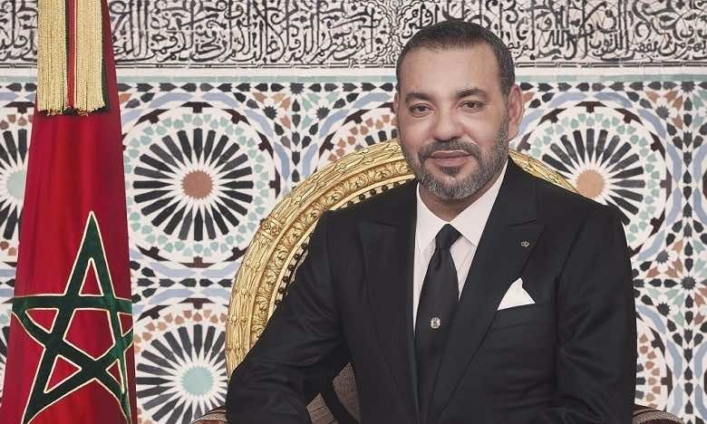King Mohammed VI of Morocco presided over a Council of Ministers at the Royal Palace in Rabat on Friday, focusing on key national and international matters.
The meeting included the review of the general orientations of the draft Finance Bill for 2025, the approval of military-related decrees, and several international agreements, according to a statement by the Royal Palace’s spokesperson.
During the session, King Mohammed VI also announced significant appointments to senior positions, including the designation of 13 new ambassadors.
According to the press release, “On the proposal of the Head of Government, and at the initiative of the Minister of Foreign Affairs, African Cooperation, and Moroccans living abroad, the King appointed several ambassadors to countries with close diplomatic ties to Morocco, including African nations.”
The newly appointed ambassadors will serve in Côte d’Ivoire, Cameroon, the Central African Republic, the Republic of Congo, and Niger, aligning with Morocco’s strategy to strengthen its diplomatic presence and influence across Africa—a key component of the country’s foreign policy under King Mohammed VI’s leadership.
Additional appointments were made for Europe, including the European Union, Denmark, Serbia, and Bulgaria, a continent critical to Morocco’s economic and political relations.
New ambassadors were also appointed in Asia (Malaysia, Indonesia, Bangladesh) and the Caribbean (Saint Lucia), reflecting Morocco’s intent to diversify its diplomatic partnerships globally.
This wave of appointments reflects a proactive Royal strategy in addressing Morocco’s contemporary diplomatic challenges, particularly in defending its strategic interests.
The diplomatic initiative follows King Mohammed VI’s October 11 speech before Parliament, where he called for a fresh strategic approach to diplomatic action, urging the mobilization of all Moroccan diplomatic instruments—both institutional and parliamentary.
The newly appointed ambassadors include 11 first-time diplomats, highlighting a Royal commitment to infuse “new blood” into Morocco’s diplomatic ranks.
Moreover, two-thirds of the appointments are internal promotions, emphasising meritocracy, with several directors, consuls general, and senior diplomats assuming new roles.
The appointments also further the feminisation of Morocco’s diplomatic corps, with nearly a quarter of the positions now held by women.
This brings the total number of female ambassadors under King Mohammed VI to 21, with women occupying 40% of Morocco’s ambassadorial positions in Europe and an increasing presence in Africa.
The appointments signal King Mohammed VI’s commitment to modernising Morocco’s diplomatic apparatus, infusing it with fresh perspectives and energy to enhance the Kingdom’s global representation.
Latest Stories
-
DAMC, Free Food Company, to distribute 10,000 packs of food to street kids
1 hour -
Kwame Boafo Akuffo: Court ruling on re-collation flawed
1 hour -
Samuel Yaw Adusei: The strategist behind NDC’s electoral security in Ashanti region
1 hour -
I’m confident posterity will judge my performance well – Akufo-Addo
2 hours -
Syria’s minorities seek security as country charts new future
2 hours -
Prof. Nana Aba Appiah Amfo re-appointed as Vice-Chancellor of the University of Ghana
2 hours -
German police probe market attack security and warnings
2 hours -
Grief and anger in Magdeburg after Christmas market attack
2 hours -
Baltasar Coin becomes first Ghanaian meme coin to hit DEX Screener at $100K market cap
3 hours -
EC blames re-collation of disputed results on widespread lawlessness by party supporters
4 hours -
Top 20 Ghanaian songs released in 2024
4 hours -
Beating Messi’s Inter Miami to MLS Cup feels amazing – Joseph Paintsil
4 hours -
NDC administration will reverse all ‘last-minute’ gov’t employee promotions – Asiedu Nketiah
4 hours -
Kudus sights ‘authority and kingship’ for elephant stool celebration
4 hours -
We’ll embrace cutting-edge technologies to address emerging healthcare needs – Prof. Antwi-Kusi
5 hours

